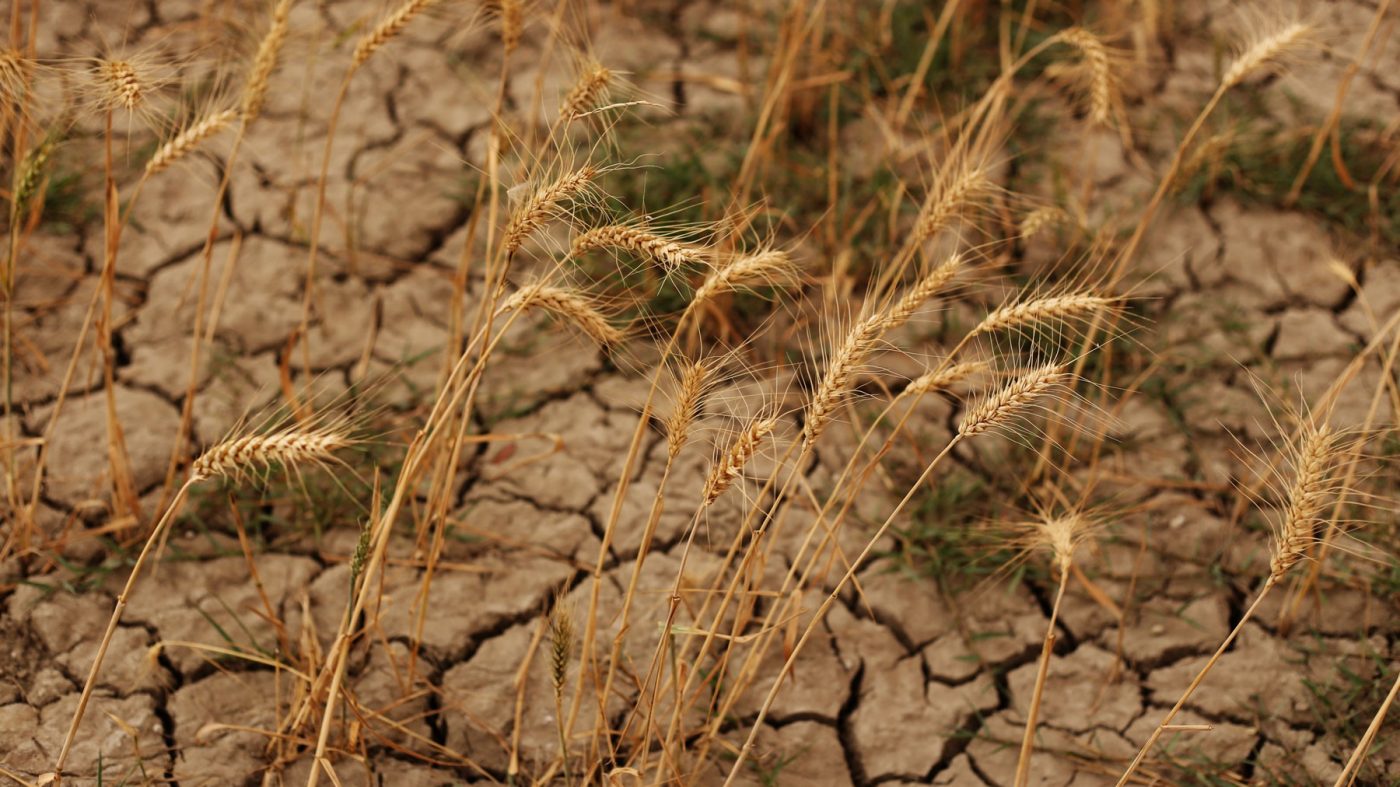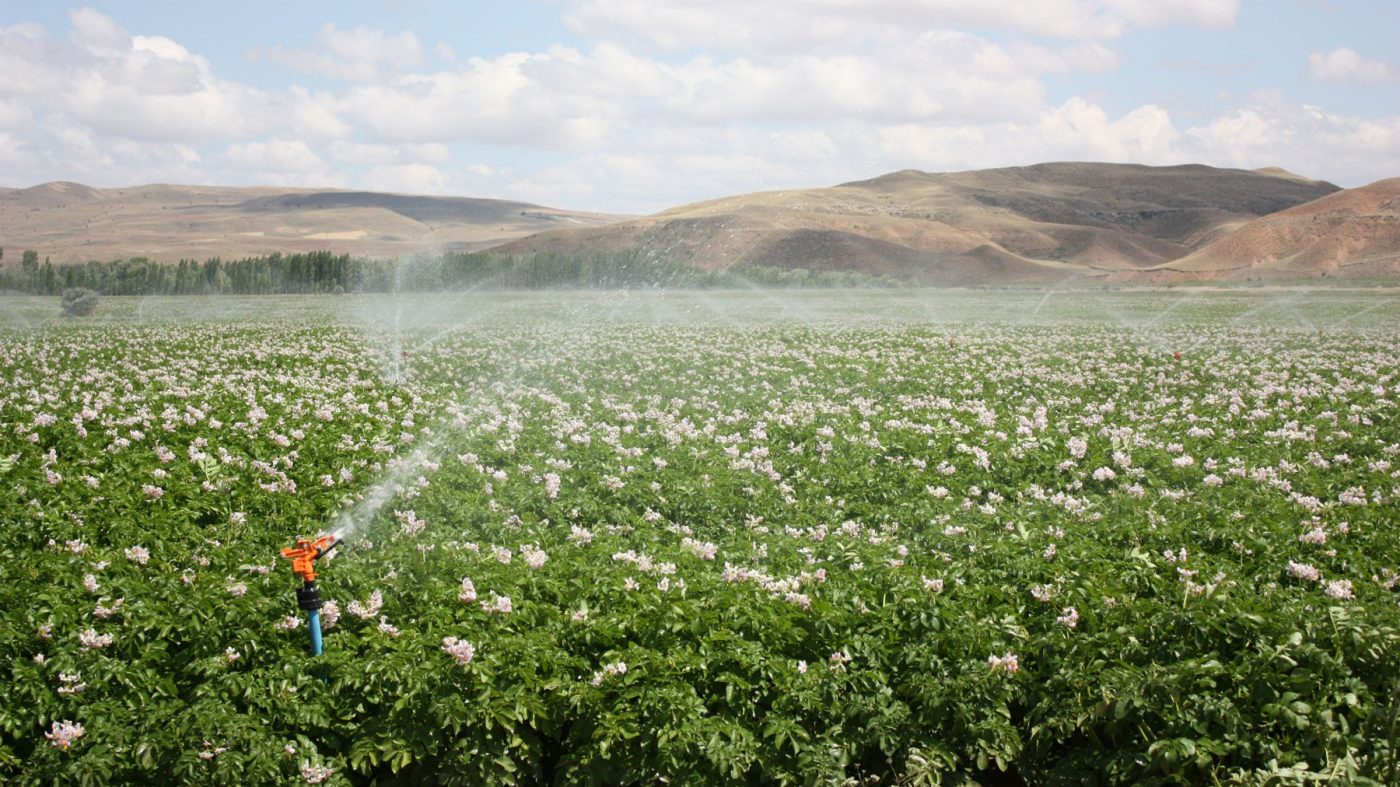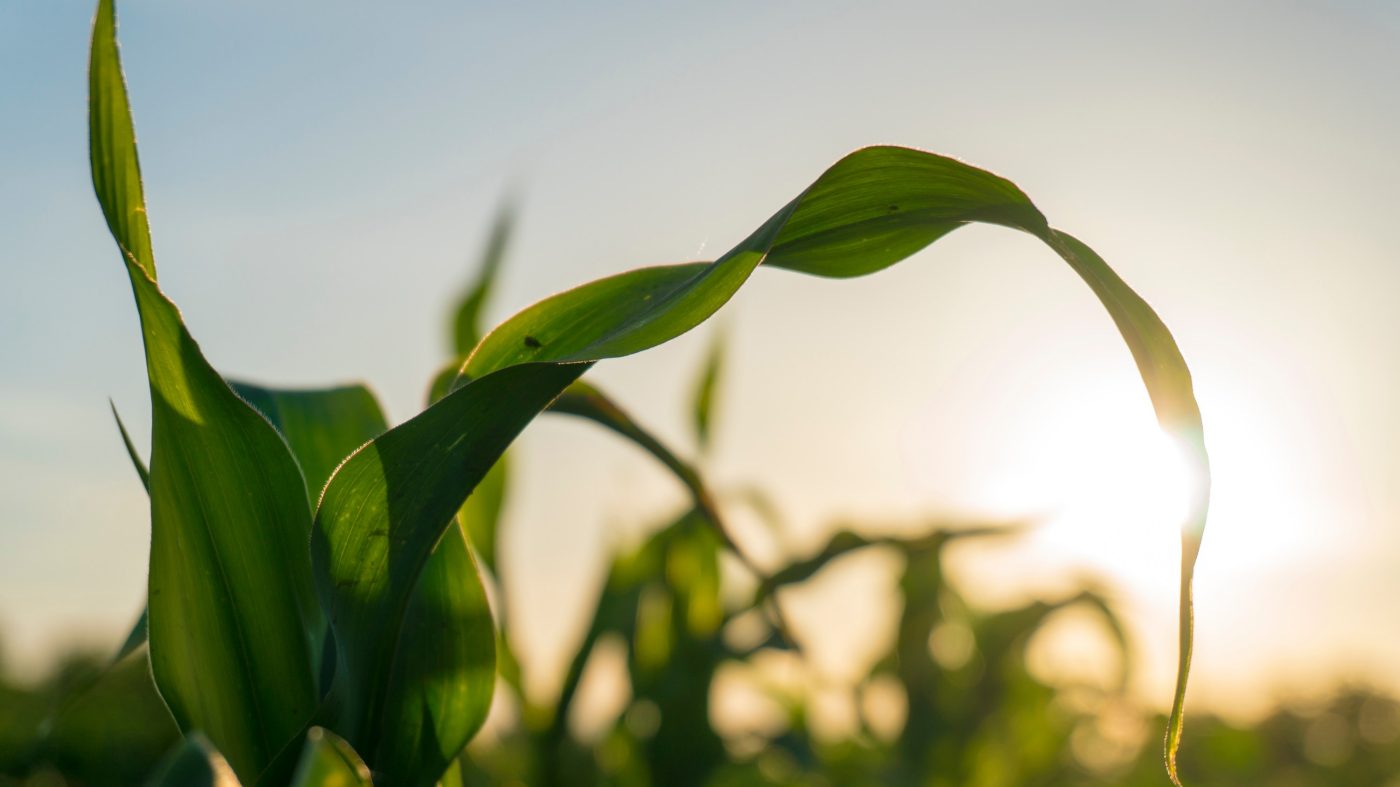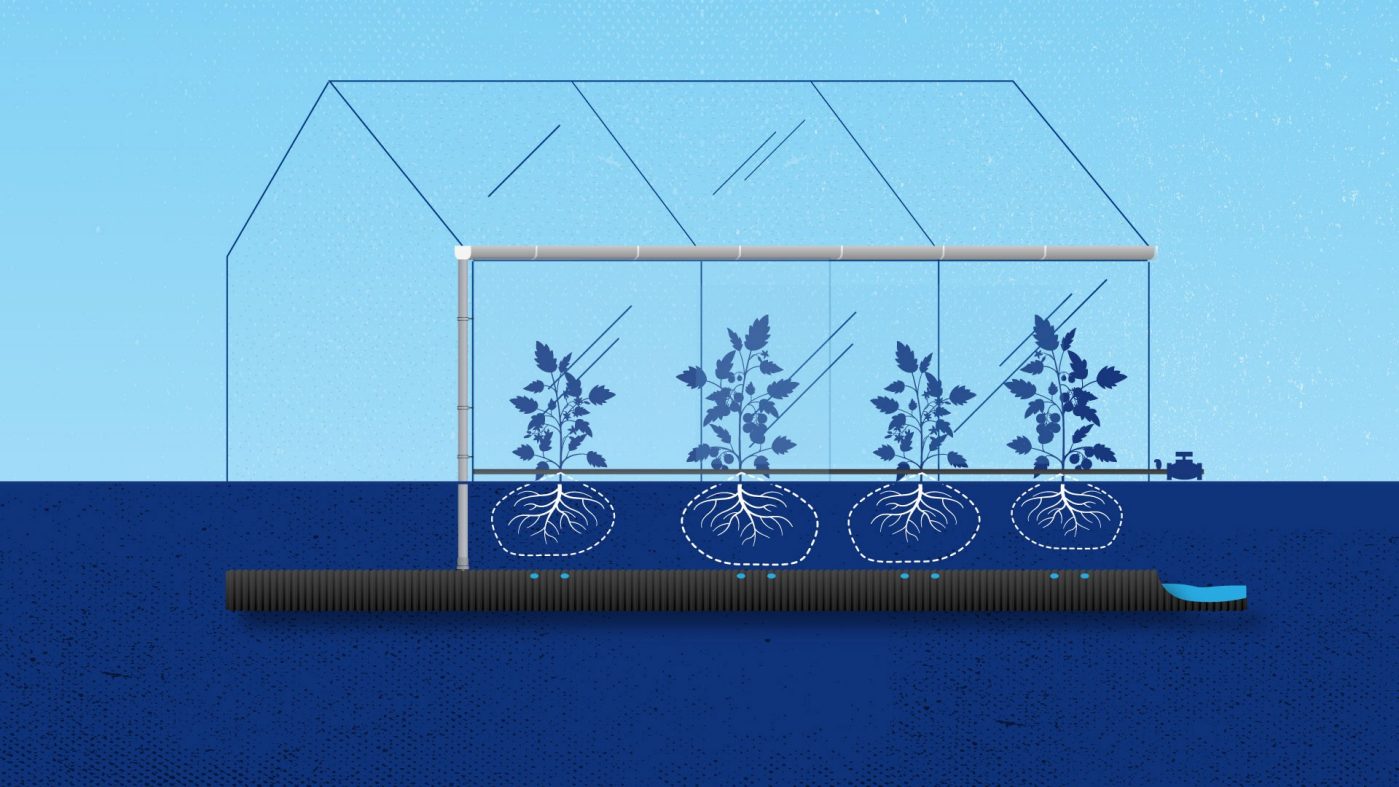 © Pipelife
© Pipelife
Farming in a Changing Climate: Every Drop Counts!
Droughts, floods, falling water tables: Climate change and agriculture. Pipelife brings bold new solutions to the table.
 © Pipelife
© Pipelife
Droughts, floods, falling water tables: Climate change and agriculture. Pipelife brings bold new solutions to the table.
Ripe golden fruit hanging between deep green foliage: Late-summer visitors to the orchards farmed by Miroslav Kolić are in for a mouthwatering treat. Kolić has been growing apples in Jarmina in Croatia since 1993 and is today one of the largest fruit-growers in the country. But times have become hard: Over the years the weather has become more unpredictable. The groundwater level has dropped by two meters. And harvests are increasingly under threat.
 © pixelfusion3d
© pixelfusion3d
Droughts and lengthy dry spells: Everywhere in Europe climate change is putting harvests at risk.
Miroslav Kolić is not the only one facing challenges like this. Increasingly unreliable weather patterns are causing farmers in Europe considerable headaches. Dry spells are becoming longer while rainfall is sparser and unevenly distributed across the growing season. Safeguarding crop yields requires adequate irrigation measures. According to a Special Report of the European Court of Auditors the agricultural sector is already responsible for a quarter of all water abstraction in the European Union. Not least of all, because population growth is fueling the demand for agricultural products. This is having a huge impact on groundwater reserves in the EU. Over the past 55 years, renewable water resources per capita have declined by 17 percent.
“Efficient irrigation systems will play a critical role in agriculture in the future – even in regions where it was not needed in the past“, says Dušan Janković, Business Development Manager at the wienerberger subsidiary Pipelife. The Balkans are a good illustration: According to the expert, in countries like Croatia just 4 percent of farms possess an irrigation system. And many of these are obsolete. There is therefore huge potential for a more sustainable use of water. EU estimates show that the volume of water abstracted for growing fruit and vegetables could be reduced by more than 40 percent just by using more efficient methods of irrigation, such as drip irrigation.
 © Pipelife
© Pipelife
Efficient irrigation: Customized sprinkler systems from Pipelife save water and increase crop yields.
Since 2020 Pipelife has been breaking new ground in the Balkans – in addition to its activities in the Mediterranean and Black Sea regions. “Many farmers are still unaware of the opportunities offered by modern irrigation systems. We therefore approach them proactively and support them with products and services tailored to their particular requirements,” says Dušan Janković. Pipelife offers farmers a 360-degree solution covering everything from consulting services to the delivery of the products and their installation. All system elements such as the pumps, filtration equipment and pipelines are precisely matched with one another and the requirements of the farming operation. The goal is to maximize crop yields. Customers also benefit from a professional partner who is available to support them throughout the entire process.
“We often use drip irrigation – one of the most efficient water and nutrient delivery systems in agriculture,” says Dušan Janković. With the help of modern monitoring and control systems, water can be dispensed exactly as needed and application directly to the root zone eliminates water loss through evaporation. “For crops and plants that thrive best when watered from above, we offer sprinkler irrigation systems” Janković adds. They ensure an even distribution of water in a way that is very similar to natural rain.
Modern technologies are available. A key factor for a more sustainable agricultural sector in the EU is public investment. “In countries like Serbia, Greece and Bulgaria that are vulnerable to water scarcity, water is still affordable. Currently, it is still much cheaper to drill a well than to invest in a state-of-the-art and efficient system for water reuse,” says Konstantinos Akritanakis, R&D Project Manager for irrigation solutions at Pipelife.
However, things cannot continue like this. The frequency of droughts is projected to increase in the future - especially in southern and southwestern Europe. Akritanakis is certain that “the tide will turn.” On the one hand, drilling wells will become more expensive because of falling groundwater levels. On the other, stricter regulations and charges for water use in agriculture are likely to be introduced. Against this background, the expert believes policymakers will offer more comprehensive financial support for investments in sustainable water use. “It is therefore crucial that we provide farmers with information and help them adapt to new technologies,” he adds.
 © GingerCat/Adobe Stock
© GingerCat/Adobe Stock
Water is also a precious resource in Turkey: Farmer Hamza Özdemir on challenges and efficient irrigation.
To accelerate the pace of this change, Pipelife has spent many years developing and improving products and services that reduce water consumption and water loss. These range from wastewater treatment to precision irrigation and rainwater harvesting. Research is currently exploring how these solutions can be combined and adapted for agriculture while minimizing the costs for farmers. Options include integrated solutions for field drainage, rainwater harvesting and water reuse in combination with water-saving precision irrigation methods.
For greenhouses, rooftop rainwater harvesting systems can channel excess water to an underground storage system for later use. “According to our calculations, it would be possible to save up to 50 percent of the water needed for irrigation this way”, says Akritanakis. “We are aware that these are systems for the future. But we also know that change has to start today.”

One man who has already taken the next step is Miroslav Kolić. He has had a modern irrigation system in operation at his farm since mid-2022. Thanks to the customized concept, the 43-hectare farm with different varieties of apples is irrigated efficiently. The future of agriculture has already begun in Jarmina in Croatia.